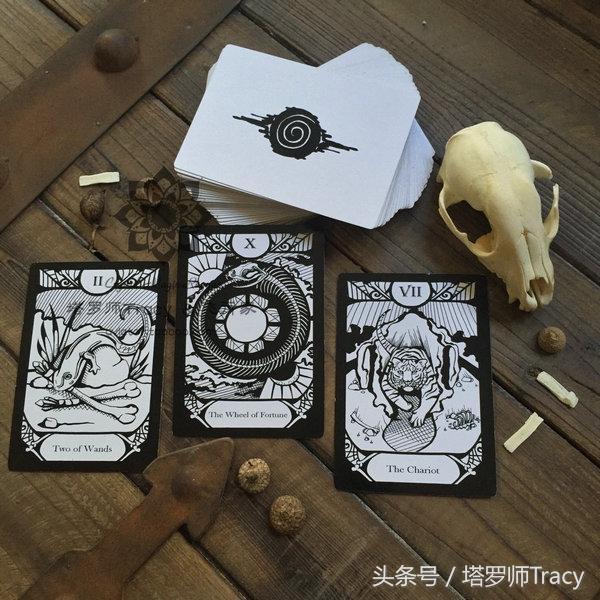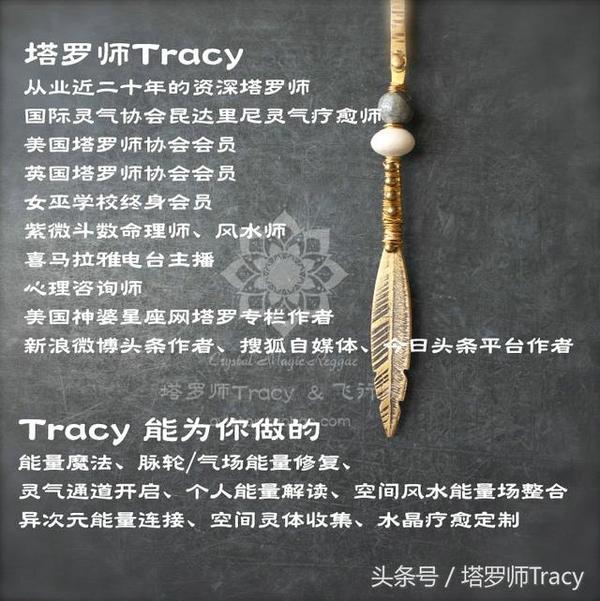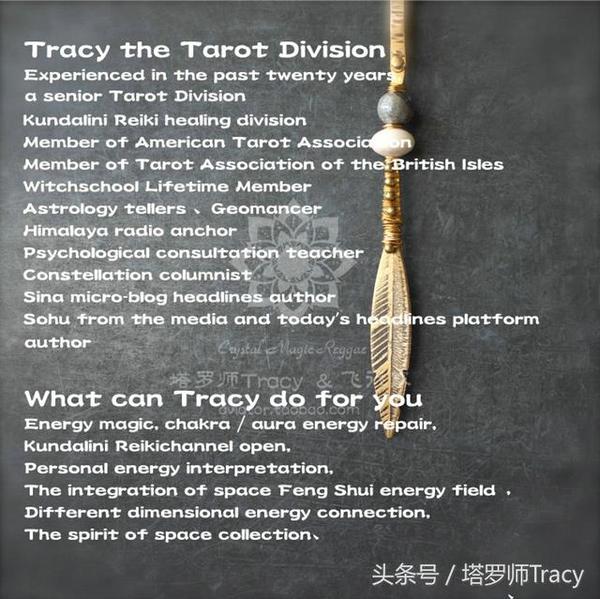2017-05-24 12:00:08


健康问题是大多数塔罗师从客户,朋友甚至自己身上获得的三大问题之一。但为了获得最佳占卜效果,以下是一些可以帮助你提升占卜技巧的解读要点。
我建议你只从你面前的问卜者(这也包括电话沟通或邮件沟通的问卜者)的角度去做解读。
请记住,你为之进行解读的任何人是你的客户,你有责任尽最大努力解读占卜结果,让问卜者有能力去解决他/她自己的问题。即使你是一个只有十几岁的孩子,并不依靠占卜结果收取费用,但你的解读过程也是具有一定影响力的。因此,你应该避免对一个问题过于消极或过于积极的回答。有些塔罗牌几乎总是正面的,而有些通常会比较难以解读,但是亲爱的塔罗师,你需要找到一个与客户交谈的中间地带。

现在,你的任务是解决客户的问题。如果有问了一个关于另一个人的问题,在道德上最好将这个问题改写一下,将你面对的这个人作为问题的提问者。
例如,不要问“我的丈夫病了吗?”而是问:“我需要为丈夫提供更多的照顾吗?”,不要问“我要带我女儿看医生X吗?”而是问:“我该怎么支持我的女儿接受最好的医疗护理?“你应该在这里看到一种模式。
好的提问方式应该是这样的,比如:
“我怎样才能在家里保持身体健康?
“我能做些什么来改善我家中的饮食习惯?”
“我如何帮助我的家人远离毒品和酒精问题?”
“我如何协助家庭成员寻求心理健康服务?”

这些问题可以为你带来清晰的答案,而有时也会不太清楚。让我们以心理健康服务的问题为例。(根据CDC的数据,每年有3-4成人的心理健康问题是一个严重的问题,见https://www.cdc.gov/nchs/index.htm。在美国,每年大约有1 / 5的成年人患有精神疾病,这一数字为每年4180万,或18.5%。而大约每25个成年人中就有1人患有严重的精神疾病,在美国980万人中,或4%的人在某一年经历了严重的精神疾病,严重干扰或限制了一个或多个主要的生活活动。见https://www.nami.org/learn-morm/mental-by-numberssthash.oi91avm4.dpuf。)
这里有一个问题“我如何帮助我的孩子寻求青少年心理健康咨询?”我们假设你选择了单张塔罗的解读。以下是一些相关的卡牌以及简短的解读。
权杖王牌 - 鼓励你的孩子参与日常的体育活动。
权杖五 - 可以断定你需要坚持要求孩子进行治疗。
倒吊人 - 不需要做什么,任何你需要的都会由他人为你带来。
宝剑国王 - 你会获得成熟的医疗或精神健康从业者的援助。

当我们问到关于身体健康的问题时,你抽出了宝剑三。这张牌牌面上画着一颗心上面有三把宝剑,这张牌经常与心脏手术或心脏病有关。经常与心脏手术或心脏问题有关。如果作为占卜师而不是一个合格的医疗从业者,你需要在没有“提供医疗建议”的情况下说一些有用的东西,这是违反法律的。
你可能需要这样解读:“这张牌表明你需要咨询你的医生关于心脏问题。你愿意在不久的将来做这件事吗?“换句话说,你需要把这个人送到正确的专家那里,而不是吓倒他们。另外,这张牌也与心脏的情绪问题有关,有些时候也会造成错误的解读。
对于任何健康问题,你都可以采用类似的方法进行解读。记得要对于你所抽出的塔罗牌做个更加广泛的思考,想一下它们如何适用于你的问题。愿这对于你在解决客户问题方面有很大的帮助。
这个月有很多工作要做。我希望你的健康占卜也能得到良好的占卜结果。在未来,我们将看看剩下的问题:寻找真爱。

Health matters are one of the big three questions most readers get from their clients, friends, and even themselves. But for best results, here are some factors that will improve your readings.
Let’s start with some ethical issues. I recommend that you only do readings from the perspective of the person in front of you (or on the phone, or who has written you).
Remember that anyone you read for is your client, for whom you have a responsibility to do your best reading and to leave that person empowered to solve his or her problems. Even if you are a teenager and not charging for your readings, your words have power. Thus it behooves you to avoid either a too negative or a too positive answer to a question. Some cards are almost always positive, some usually more difficult, but you, dear reader, need to find a middle ground from which to speak to your client.
Now, your task is to solve the client’s problem. If someone asks a question for another it is ethically best to rephrase the question as one that puts the client as the questioner. For example, instead of asking “Is my husband seriously ill?” ask “Will I need to provide more care for my husband?” Instead of asking “Should I take my daughter to see Doctor X?” ask, “How can I support my daughter in receiving the best medical care?” You should see a pattern here. Good questions are ones like these:
“How can I support good health in my family?”
“What can I do to improve the diet of my family?”
“How can I steer my family away from problems with drugs and alcohol?”
“How can I assist a family member in seeking mental health services?”
These questions can give you clear answers, or sometimes less clear ones. Let’s use the mental health services question as an example. (Mental health issues are a serious problem for 3-4% of adults in any given year according to the CDC, see https://www.cdc.gov/nchs/index.htm. Approximately 1 in 5 adults in the U.S.—43.8 million, or 18.5%—experiences mental illness in a given year. Approximately 1 in 25 adults in the U.S.—9.8 million, or 4.0%—experiences a serious mental illness in a given year that substantially interferes with or limits one or more major life activities. - See more at https://www.nami.org/Learn-More/Mental-Health-By-the-Numbers#sthash.Oi91AVM4.dpuf.)
The question is “How can I help my teenager seek mental health counseling?” Let’s assume that you draw a single card for the reading. Here are some possible cards and accompanying short answers.
The Ace of Wands—encourage your child’s physical activities and participation in life.
The Five of Wands—be insistent (assertive, even argumentative) about requiring the child to engage in treatment.
The Hanging Man—do nothing, as whatever is needed will come from another.
The King of Swords—enlist the aid of a mature medical or mental health practitioner.
Let’s say that the question is about physical health, and you draw the Three of Swords. This card, with three swords piercing a heart in most decks, is frequently associated with heart surgery or heart problems. Unless you are a qualified medical practitioner, you need to say something useful without “giving medical advice” which is against the law. You might say something like, “This card suggests that you need to consult your physician about heart issues. Are you willing to do that in the near future?” In other words, you want to send the person to the correct specialist, yet not scare them. That particular card is also associated with emotional problems of the heart, and you could be mistaking one for the other.
You can follow a similar methodology for any health question. Remember to look widely at the card or cards you draw to see how they apply to your question. May you be highly useful in solving your clients’ problems.
This is plenty to work with for this month. I wish you caution as well as good results with your health readings. In the future, we will look at the remaining of the most asked questions: Finding Love.
By Lalia Wilson



